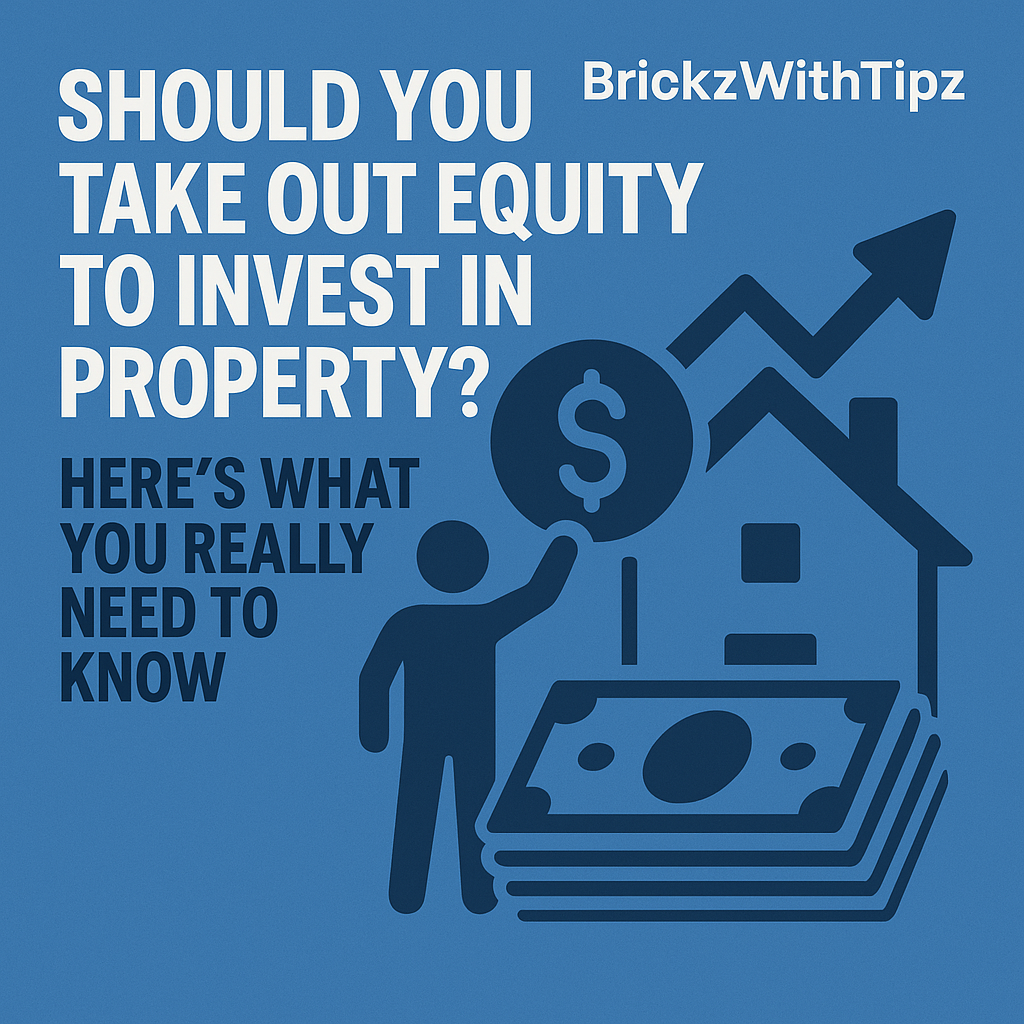Should You Take Out Equity to Invest in Property? Here’s What You Really Need to Know

Is Using Your Home as Leverage Ever a Good Idea? For most people, buying a property is one of life’s biggest milestones, it gives this exciting feel with a sign that you’ve achieved some degree of financial stability. But what if that very stability could be the start to building even more wealth than you planned for?
Some investors whether savvy or daring, depending on how you look at it, have tapped into the equity in their property or even taken out a fresh mortgage, purely to invest the funds elsewhere.
It might be in another property, stocks or a business idea they strongly believe in.
It’s a strategy that can raise eyebrows and for good reason of course.
While there are stories of people who have turned borrowed money into millions, there are just as many tales of those who lost everything including their property and still had a mortgage to repay.
So, is it ever a good idea to leverage your home to fund an investment? The predictable answer is: it depends.
Let’s unpack the key considerations for the financial and emotional impact before you even think about heading down this road.
First, What Are We Actually Talking About?
This strategy typically involves releasing equity from your home either by remortgaging, taking a home equity loan (or in the UK, something like a further advance or second charge mortgage) or even taking out a new buy-to-let mortgage.
The idea is simple in theory, you borrow at a relatively low interest rate and invest the funds into something that will hopefully offer a higher return.
If it all goes well, you make money on the difference.
If it doesn’t… well, you’re left holding the debt and none of the upside.
Why Some People See It as a Smart Move
1. Access to Capital at a Lower CostCompared to personal loans or business finance, mortgage rates especially for those with good credit are relatively low. If you’re trying to raise a significant sum, tapping into your home equity can be one of the cheapest ways to do it.
2. Opportunity for Bigger Returns
Long-term investments in property, stock market or certain business ventures have historically outperformed the interest charged on a mortgage. In the right conditions, you could grow your money far more quicker than by saving or waiting.
3. Strategic Diversification
For those who have their wealth tied up almost entirely in their homes, this strategy can allow you to diversify by putting money into other assets that could appreciate over time, creating a more balanced financial picture.
4. Potential Tax Efficiency
While mortgage interest isn’t tax-deductible for your main home in the UK, it can be for buy-to-let properties or business-related borrowing.
If structured properly, you could find tax relief that makes the numbers work even better.
Why It’s Also A Risky Play
1. Investments Can and Often Go South
Market is bound to fluctuate. Businesses fail and properties lose value. If the investment doesn’t perform as expected, you could be left not only without a return but still liable for a growing mortgage balance.
2. You’re Increasing Your Monthly Commitments
No matter what you do with the money, your lender will still expect monthly repayments. That can mean more financial pressure especially if your income isn’t consistent or if life throws you a curveball.
3. Interest Rates Might Rise
If you’re on a variable rate mortgage or remortgaging at a time when rates are climbing your repayment burden could increase significantly. This eats into your potential returns and could shake the balance from clever to catastrophic.
4. Your Liquidity Might Be Tied UpUnlike cash, property investments and businesses aren’t easy to cash in quickly. If an emergency arises and your capital is locked away in something illiquid, you could find yourself stuck without access to the funds you need.
5. There’s a Psychological Cost Too
Debt carries emotional weight. It’s one thing to owe money on a home you live in, it’s another to owe money because of a risky bet that didn’t pay off. That pressure can lead to sleepless nights, strained relationships and rushed decisions.
Before You Do Anything, Ask Yourself These Questions:
- Could I still comfortably afford my mortgage if the investment makes no return at all?
- Do I have a financial buffer like savings, insurance or a secondary income that could support me if things go wrong?
- Do I fully understand the investment I am considering or am I just following a trend?
- How do I handle financial stress? Could this situation push me to my limit?
- Have I spoken to a financial advisor not just a mortgage broker about the risks and tax implications?
So… Should You Do It?
Truthfully?
There’s no universal answer for this question. For the financially savvy, emotionally grounded investor with a long-term mindset and a good support system, using home equity to invest can be a powerful tool.
But if you’re chasing quick wins, underestimating risk or simply borrowing because everyone else seems to be doing it, that’s a slippery slope.
Consider borrowing only what you can comfortably afford to repay, Invest only in what you truly understand and never ever risk your home for an outcome you haven’t carefully planned for.
At the end of the day, financial freedom is about bold informed moves.
To stay ahead and rightfully updated, check out other valuable insights we have shared on https://brickzwithtipz.com/blog/
Get in touch
Feel free to get in touch with general enquiries using the contact details below alternatively fill out the form and one of team members will be in touch shortly.
